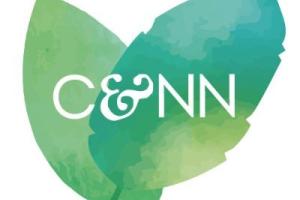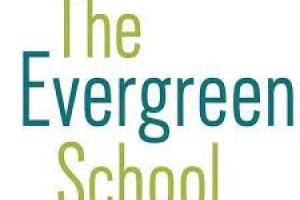
Job Description: Sustainability Coordinator
/resource/job-description-sustainability-coordinator-evergreen
The Evergreen School
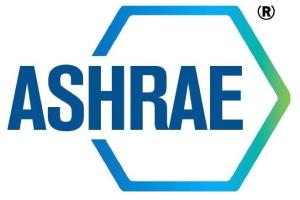
Design Guidance for Education Facilities: Prioritization for Advanced Indoor Air Quality
/resource/design-guidance-education-facilities-prioritization-advanced-indoor-air-quality
ASHRAE
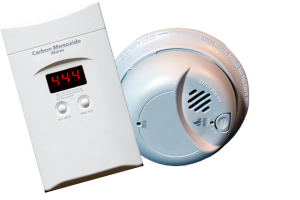
Low-Cost Air Pollution Monitors and Indoor Air Quality
/resource/low-cost-air-pollution-monitors-and-indoor-air-quality
U.S. Environmental Protection Agency
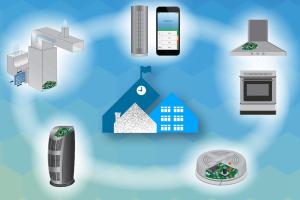
Air Sensor Technology and Indoor Air Quality
/resource/air-sensor-technology-and-indoor-air-quality
U.S. Environmental Protection Agency

K12 Education and Climate Provisions in the Inflation Reduction Act
/resource/k12-education-and-climate-provisions-inflation-reduction-act
Aspen Institute/World Resources Institute
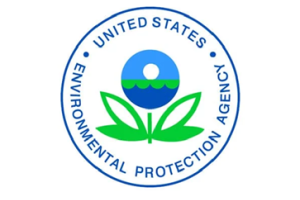
Healthy School Environments
/resource/healthy-school-environments-0
U.S. Environmental Protection Agency
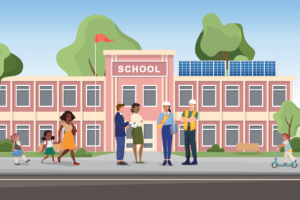
Grants for Energy Improvements at Public School Facilities
/resource/grants-energy-improvements-public-school-facilities
U.S. Department of Energy
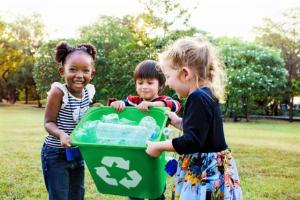
The Bipartisan Infrastructure Law: Transforming U.S. Recycling and Waste Management
/resource/bipartisan-infrastructure-law-transforming-us-recycling-and-waste-management
U.S. Environmental Protection Agency
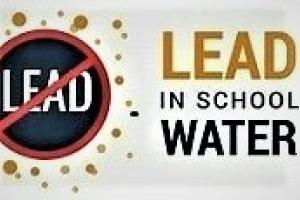
3Ts for Reducing Lead in Drinking Water
/resource/3ts-reducing-lead-drinking-water
U.S. Environmental Protection Agency

On-Demand Training Webinars
/resource/demand-training-webinars
U.S. Environmental Protection Agency

Healthy Schools Research Grants
/resource/healthy-schools-research-grants
U.S. Environmental Protection Agency

White House Summit on Indoor Air Quality
/resource/white-house-summit-indoor-air-quality
The White House
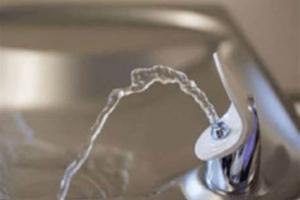
WIIN Grant: Reducing Lead in Drinking Water in Schools and Child Care Facilities
/resource/wiin-grant-reducing-lead-drinking-water-schools-and-child-care-facilities
U.S. Environmental Protection Agency
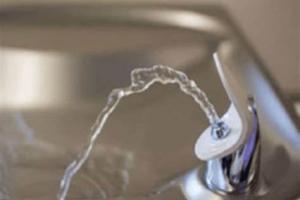
Funding Sources for Reducing Lead in Drinking Water in Schools and Child Care Facilities
/resource/funding-sources-reducing-lead-drinking-water-schools-and-child-care-facilities
U.S. Environmental Protection Agency
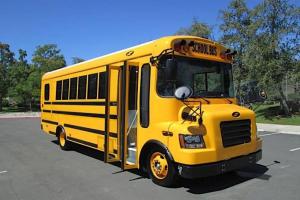
Clean School Bus Program
/resource/clean-school-bus-program
U.S. Environmental Protection Agency
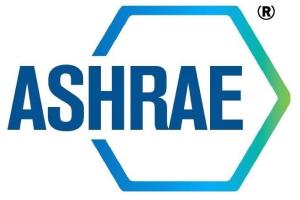
Technical Resources for Schools
/resource/technical-resources-schools
ASHRAE
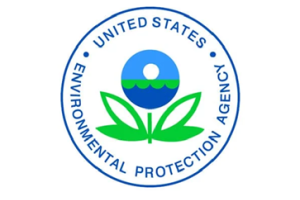
Creating Healthy Indoor Air Quality in Schools
/resource/creating-healthy-indoor-air-quality-schools-0
U.S. Environmental Protection Agency
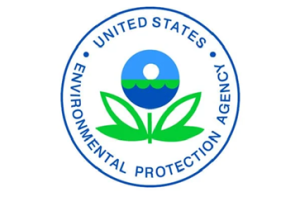
Clean Air in Buildings Challenge
/resource/clean-air-buildings-challenge
U.S. Environmental Protection Agency
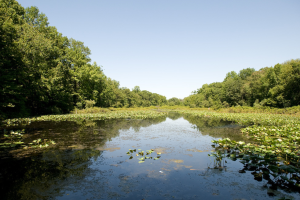
Scaling Climate Change Education: A Case Study in New Jersey
/resource/scaling-climate-change-education-case-study-new-jersey
Rethink Outside
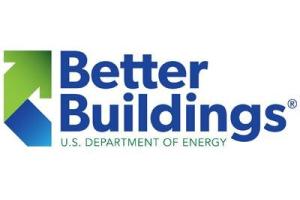
Better Buildings Challenge: Resources for K-12 Schools
/resource/better-buildings-challenge-resources-k-12-schools
U.S. Department of Energy
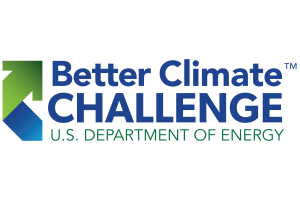
Better Climate Challenge
/resource/better-climate-challenge
U.S. Department of Energy
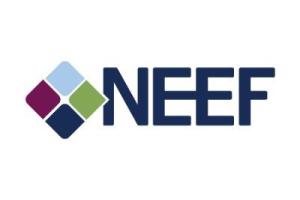
Climate Superstars Challenge
/resource/climate-superstars-challenge
National Environmental Education Foundation
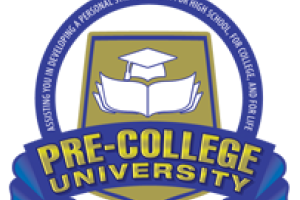
Environmental Justice Academy
/resource/environmental-justice-academy
Pre-College University

Invertebrate Conservation Education Resources
/resource/invertebrate-conservation-education-resources
Xerces Society

Kids Breathe Better Podcast
/resource/kids-breathe-better-podcast
Allergy & Asthma Network
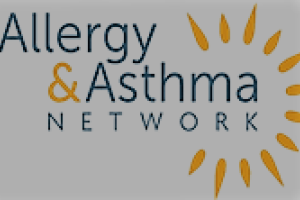
Allergies and Asthma at School
/resource/allergies-and-asthma-school
Allergy & Asthma Network

